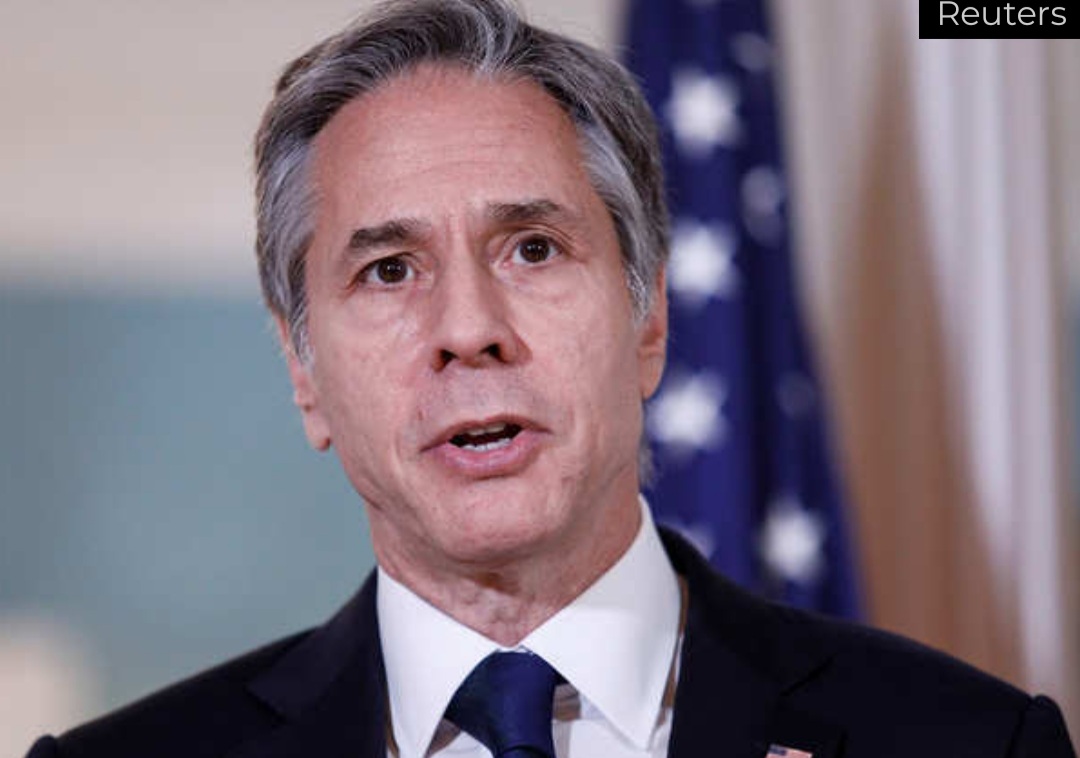There has been a “concerning increase” in anti-conversion laws, hate speech, and demolitions of homes and places of worship for members of minority faith communities in India, US Secretary of State Antony Blinken has said.
In his remarks at the release of the annual State Department report on international religious freedom, Blinken said on Wednesday that at the same time, people around the world are also working hard to protect religious freedom.
In a rare admission, United States Secretary of State Antony Blinken on Wednesday acknowledged the sliding religious freedom in India while unveiling the state department’s 2023 International Religious Freedom Report.
“In India, we see a concerning increase in anti-conversion laws, hate speech, demolitions of homes and places of worship for members of minority faith communities,” Blinken said in his statement.
The report covered the period from January 1, 2023, to December 31, 2023.
According to the new report, “public celebrations of Hindu festivals sometimes resulted in communal violence, particularly when they included processions through Muslim-majority areas. Media and NGOs reported that these processions were led by the BJP and affiliated Hindu nationalist groups, including Rashtriya Swayamsevak Sangh (RSS) and Vishwa Hindu Parishad (VHP)”.
Rashad Hussain, the US ambassador-at-large for international religious freedom, gave India an example of cases where violence is occurring at the societal level. He pointed out that these actions, sometimes with impunity, contribute to the “repression of religious communities”.
“In India, for example, Christian communities reported that local police aided mobs that disrupted worship services over accusations of conversion activities or stood by while mobs attacked them and then arrested the victims on conversion charges,” Hussain said.
The report emphasises ethnic violence in Manipur and communal violence in north Indian states.
Observing that Prime Minister Narendra Modi has reiterated calls to enact a Uniform Civil Code (UCC) at the national level as called for in the Constitution instead of a system of separate personal laws for religious communities, the state department said Muslim, Sikh, Christian, and tribal leaders and some state government officials opposed the initiative on the grounds it was part of a project to turn the country into a “Hindu Rashtra (a Hindu Nation)”.
Some UCC proponents, including opposition politicians, said a UCC would promote greater equality, including for women, by preventing polygamy or inequitable inheritance within personal religious laws. ( With Agencies Inputs )






0 Comments